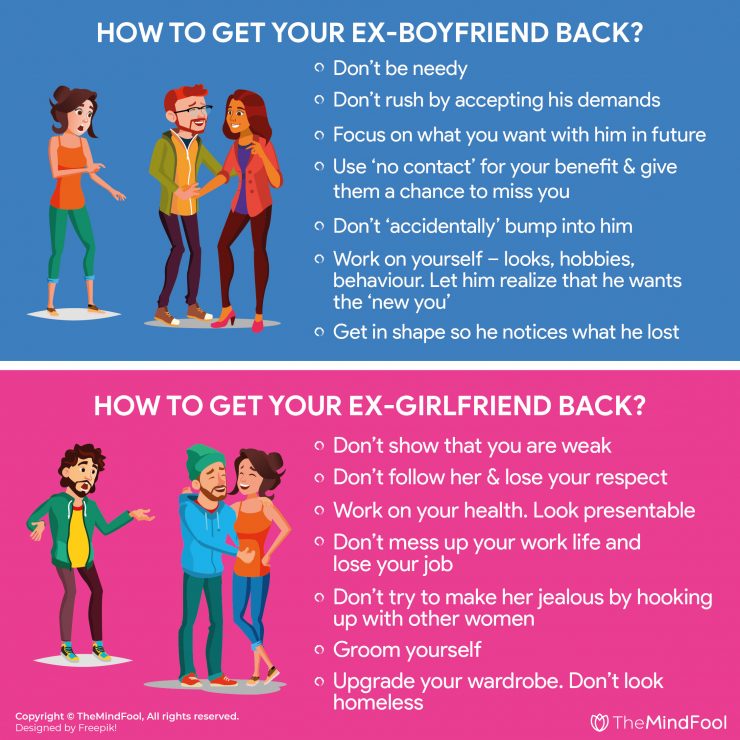The Importance of Self-Care When Friends with an Ex
Okay, so you're friends with your ex. Big deal, right? Millions of people do it! But before you grab that celebratory mimosa (or, you know, whatever your celebratory beverage is), let's talk about something crucial: self-care. Because being friends with an ex, while totally possible and sometimes even healthy, can be a seriously emotionally taxing experience if you're not careful.
It's easy to get swept up in the new dynamic, especially if the breakup was amicable. You might feel a sense of relief, a renewed sense of connection, even a flicker of hope for rekindling the romance. But it's important to approach this new friendship with your eyes wide open and a serious self-care strategy in place. This isn't about avoiding the good parts; it’s about navigating them mindfully and protecting your emotional well-being.
Why Self-Care is Absolutely Essential
Let's be honest: being friends with an ex isn't exactly a walk in the park. There are a lot of potential landmines, and if you're not prioritizing your emotional health, you're setting yourself up for a fall. Think of self-care as your emotional armor â€" it protects you from the potential pitfalls and helps you thrive, even amidst the complexities of this new relationship.
Emotional Rollercoasters
One day, you’re laughing and reminiscing about old times. The next, you're flooded with memories of heartbreak and regret. These emotional shifts are completely normal! But without a solid self-care routine, these ups and downs can become overwhelming, leading to anxiety, depression, and general emotional exhaustion. Your self-care plan is your anchor during these turbulent waters.
The Temptation of "What Ifs"
Being around your ex inevitably brings up the past. "What if we'd tried harder?" "What if we hadn't broken up?" These thoughts are incredibly common, and they can be incredibly draining. Self-care helps you manage these "what ifs" by grounding you in the present and focusing on your own well-being, rather than dwelling on hypothetical scenarios.
Navigating New Relationships
If either of you moves on and starts dating someone new, the situation can become extra tricky. Jealousy, insecurity, and awkwardness can easily arise. A strong self-care routine can help you navigate these challenges with grace and emotional resilience. You need that strong foundation to handle potentially uncomfortable situations.
Protecting Your Boundaries
Setting and maintaining boundaries is crucial when you're friends with an ex. Self-care empowers you to establish these boundaries, to say "no" when necessary, and to protect your emotional space. Without this self-care foundation, you might find yourself constantly bending over backward to please your ex, neglecting your own needs in the process.
Building Your Self-Care Arsenal
So, how do you actually *do* self-care when navigating this complex friendship? It's not about bubble baths and face masks alone (although those are definitely included!). It's about a holistic approach that addresses your physical, emotional, and mental well-being.
Prioritizing Physical Health
This is the bedrock of everything else. Make sure you're eating nutritious meals, getting enough sleep, and exercising regularly. Even a short walk can make a huge difference in your mood and energy levels. Think of it as fuel for your emotional resilience.
Hydration is key: Drink plenty of water throughout the day. Move your body: Find an activity you enjoy, whether it's yoga, running, or dancing. Prioritize sleep: Aim for 7-9 hours of quality sleep each night. Nourish your body: Eat a balanced diet rich in fruits, vegetables, and whole grains. Emotional Check-ins
Regularly check in with your emotions. Journaling can be incredibly helpful â€" it allows you to process your feelings without judgment. Talk to a trusted friend or family member about how you're feeling. Don't bottle things up!
Journaling: Write down your thoughts and feelings regularly. Therapy: Consider talking to a therapist or counselor if you need extra support. Support system: Lean on your friends and family for emotional support. Mental Wellness Practices
Engage in activities that help you relax and de-stress. This could be anything from reading a book to meditating to listening to music. Find what works for you and make it a regular part of your routine.
Meditation/Mindfulness: Practice mindfulness techniques to stay grounded in the present moment. Hobbies: Dedicate time to activities that bring you joy and relaxation. Digital detox: Take breaks from social media and other screens to reduce stress and improve focus. Setting Healthy Boundaries
This is arguably the most crucial aspect of self-care in this situation. Don't be afraid to set limits on how much time you spend with your ex, what topics you discuss, and what you're willing to tolerate. Respecting your own needs is not selfish; it's essential for your well-being.
Limited contact: Set boundaries on how often you communicate. Specific topics: Avoid discussing sensitive subjects that might trigger negative emotions. Respect your space: Don’t feel obligated to respond immediately to texts or calls. Commonly Asked Questions
Q: Is it ever okay to be friends with an ex?
A: Absolutely! For many people, it's a perfectly healthy and fulfilling way to maintain a positive relationship with someone who was once a significant part of their life. But it requires mindful navigation and a strong commitment to self-care.
Q: How do I know if I'm not handling it well?
A: If you're consistently feeling anxious, depressed, or overwhelmed, if your self-esteem is suffering, or if your current relationships are being negatively impacted, it might be a sign that you need to re-evaluate the friendship or take a break.
Q: What if I still have romantic feelings for my ex?
A: This is a common complication. If you're still harboring strong romantic feelings, a friendship might not be the best option. It's important to be honest with yourself and your ex about your feelings before moving forward.
Q: What if my ex is not respecting my boundaries?
A: This is a serious issue. If your ex is consistently crossing your boundaries, you might need to reconsider the friendship. It's okay to distance yourself, even if it's painful. Your well-being is paramount.
Ultimately, being friends with an ex is a highly personal decision. But regardless of your specific situation, prioritizing self-care is non-negotiable. It's your key to navigating this complex dynamic with emotional resilience and grace.






